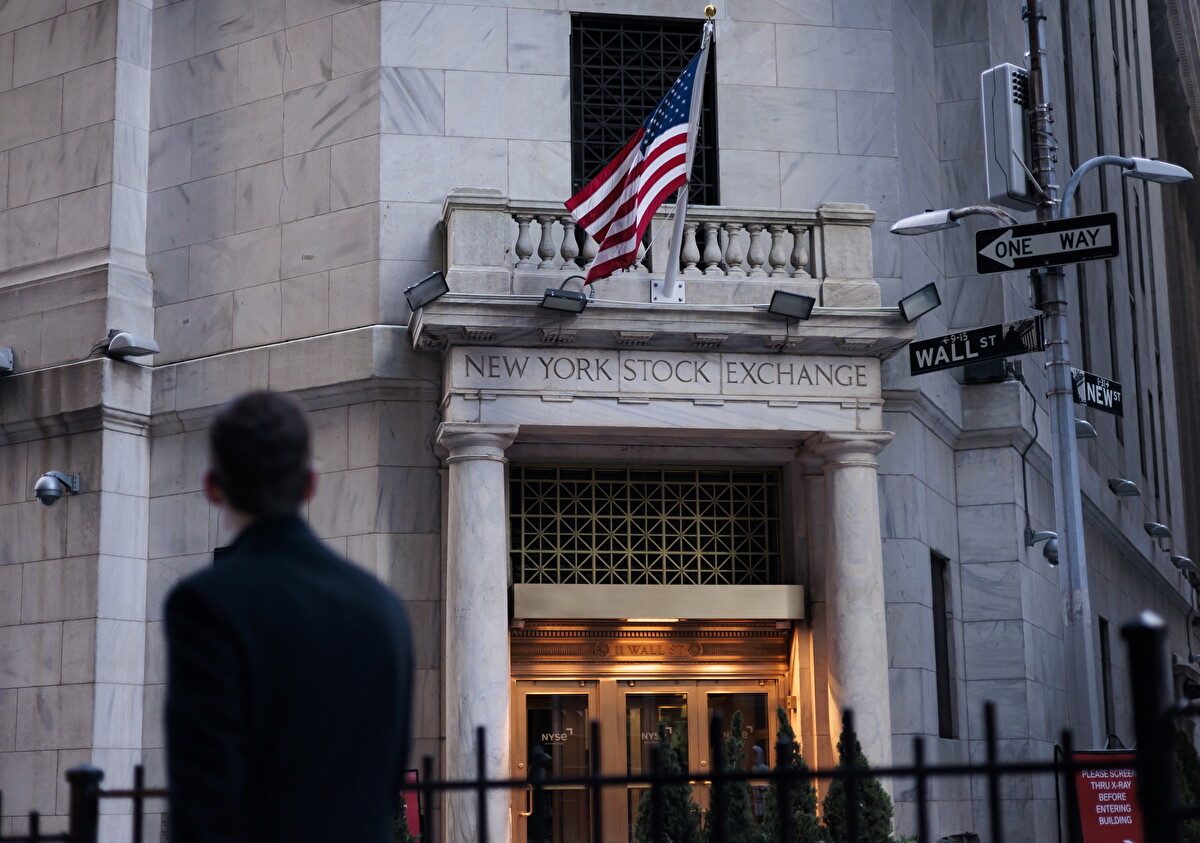Less than a day before what could become the year’s most consequential diplomatic meeting, uncertainty continues to cloud Istanbul’s skies.
Ukrainian President Volodymyr Zelensky has confirmed he is prepared to travel to Turkey on Thursday for a potential in-person meeting with Russian President Vladimir Putin, in what would be the first direct encounter between the two leaders since the war began. But as of Wednesday afternoon, Moscow has yet to confirm whether Putin will attend.
“I will only sit down with him if the outcome is political: a ceasefire or an ‘all-for-all’ prisoner exchange,” Zelensky told German newspaper Der Spiegel. “If he doesn’t show up, it means he’s not interested in a political solution, not for his country, and not for ours.”
It was Putin himself who floated the idea of renewed talks, speaking in a rare late-night address on May 11, just hours after four European heads of state issued a joint ultimatum demanding an unconditional Russian ceasefire that never materialized.
Istanbul comes across as an obvious choice. The Eurasian metropolis hosted the last substantive peace effort between Ukrainian and Russian delegations in spring 2022, a process that collapsed after revelations of Russian atrocities in Bucha, on the outskirts of Kyiv.
According to The Washington Post, barring a last-minute reversal, the Russian delegation is expected to be led by presidential adviser Yury Ushakov. An internal Kremlin source cited by the investigative outlet Agentstvo said “there are no plans for Putin to attend,” and Kommersant reported that Foreign Minister Sergei Lavrov might also skip the talks.
On Wednesday morning, Kremlin spokesman Dmitry Peskov gave a cryptic update, stating that Russia’s delegation “has not yet been finalized” and would be assembled “once the President gives the appropriate instructions.”
There’s growing belief that Washington could be the one to break the deadlock. Secretary of State Marco Rubio is scheduled to attend, accompanied by two of Trump’s senior advisers, Steve Witkoff and Keith Kellogg — both aligned with the camp that favors a negotiated settlement with Moscow, even if that means conceding some territory.
Trump, for his part, has said he’s willing to take part, but only if Putin is there too.
Several officials briefed on the preparations say Washington is quietly testing a proposal that would recognize Russian sovereignty over Crimea in exchange for Moscow dropping its claims to other occupied regions. But the Kremlin is still insisting on a number of non-negotiables, including a complete halt to Western military support for Ukraine and a firm guarantee that NATO or European Union forces will never be stationed in the country.
Privately, sources say the Trump administration has suggested that a refusal by Ukraine to take part in the Istanbul summit could once again put arms deliveries in question – just as it did after an Oval Office clash in February, when Mr. Trump accused Mr. Zelensky of “playing with World War III” by refusing to compromise with Moscow.
A recent report by the independent think tank Re: Russia, founded by former Kremlin adviser Kirill Rogov, warned that Ukraine could be walking into what it calls a diplomatic trap. The group argues that Moscow is looking to capitalize on Washington’s urgency for a deal, trading a temporary ceasefire for lasting strategic concessions.
It also points to the timing of the summit. May 15 coincides with the end of Trump’s trip to the Gulf, where he signed a series of bilateral deals on defense, energy and broader cooperation. Some analysts believe Trump may now be seeking another headline win before returning to Washington.
At this point, Zelensky is the only confirmed head of state attending the Istanbul summit. Several of Ukraine’s closest European allies, including France and Poland, are said to be frustrated by Washington’s decision to seek direct engagement with Moscow without coordinating through Brussels.
Were Putin not to take part, the summit is expected to be reduced to a lower-level ministerial dialogue. But should the Russian leader make a surprise appearance, Zelensky may find himself at the table facing a pre-drafted proposal — and under joint pressure from Trump and Lavrov. Some Ukrainian officials privately say that would be an even more precarious position than the now-infamous Oval Office meeting in February.
Turkey, which is hosting the summit, has so far offered only logistical support. President Recep Tayyip Erdoğan, who also appeared via video during Trump’s recent talks with Syrian leader Ahmed al-Sharaa, has not ruled out attending in person, though his office has not confirmed any plans.
As of Wednesday evening, the Kremlin has issued no public response. European diplomatic sources believe Putin’s silence is a calculated move to retain dominance of the storyline, allowing Russia’s strongman the final say in whether the meeting happens at all.












